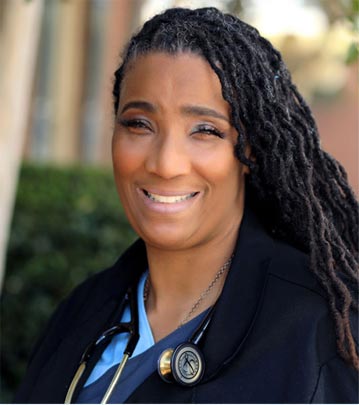Women's Health

Because of the uniqueness of the female anatomy and its design to bear children, women often have special health needs. In addition, certain diseases and health conditions are unique to females. Some are unique to females at different life stages, too. There are four main stages to a woman's life. There's adolescence, the childbearing years, midlife and senior adulthood. Each has its own unique health concerns and challenges.
Well Woman Exams
A Pap smear test is a preventive measure that can detect precancerous or cancerous cervical cells. A yearly Pap smear used to be recommended for for most women, but this changed in 2013. Current guidelines from the American College of Obstetrics and Gynecology recommend the following:
- Pap smear once every 3 years for women under 30.
- Pap smear and HPV (human papillomavirus) test every 5 years for women under 65.
- Women over 65 do not need a Pap smear unless there is a history of two or three abnormal test results in the last 5 to 10 years, or if there is a history of dysplasia or cervical cancer.
- Pap smear and HPV testing is not recommended for girls under 21 years of age.
A Pap smear is a short in-office procedure. You should avoid douching, using tampons, or sexual intercourse for 24 hours before your test. Schedule your Pap smear for a time when you do not have your period, as blood or fluid may interfere with your test results.
Osteoporosis
Osteoporosis is the most common bone disease. It causes progressive bone loss and increases the risk of fractures. Osteoporosis is more common in women than men, and the incidence increases with age. Bone loss from osteoporosis can lead to fractures and disability. The progression of osteoporosis may be reduced with treatments, including dietary changes, nutrition supplements, exercise, and medications.
Lost bone cannot be replaced, but further bone loss can be prevented. Treatments are also aimed at reducing pain and preventing fall-related fractures. Your doctor will make nutrition and exercise recommendations for you. Calcium and Vitamin D supplements are commonly advised. Weight bearing exercises, such as walking, can help prevent bone loss and possibly increase bone density. It is also helpful to reduce the risk factors that you can control, such as quitting smoking.


